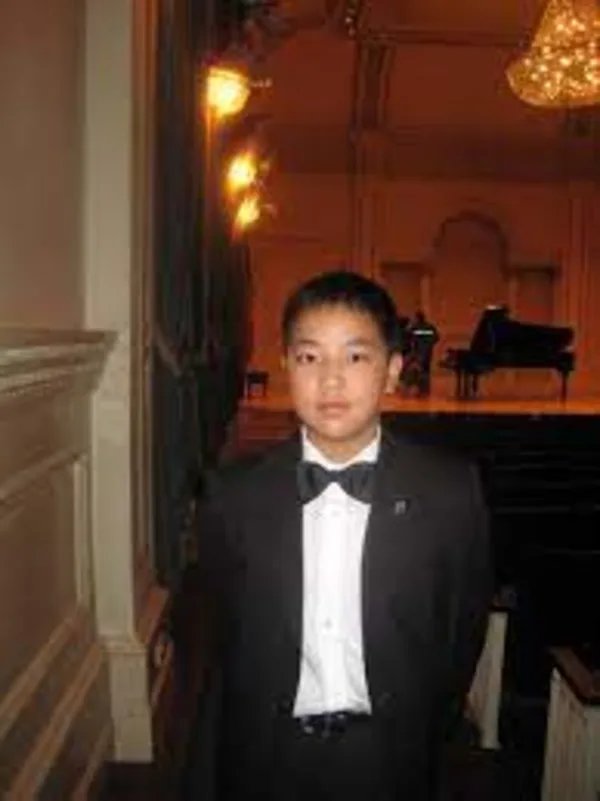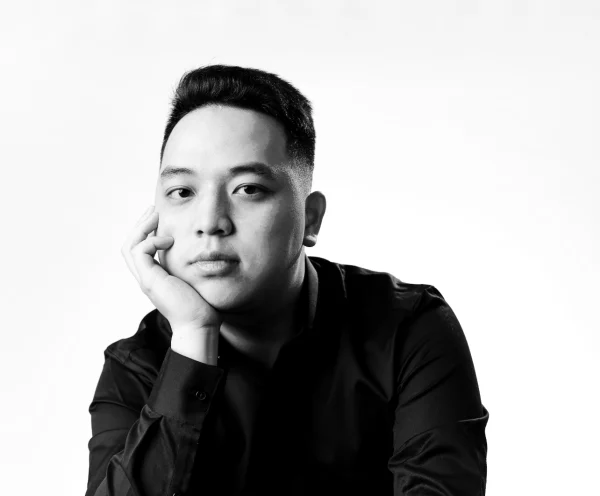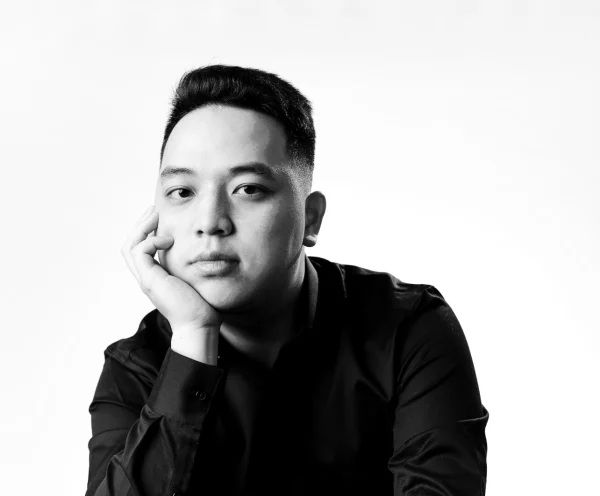Sean's Studio (Sean Tang-Wang)
About
Hi, I’m Sean — a concert pianist and experienced teacher based in Diamond Bar. I’ve been teaching piano for over a decade and performing for even longer. My approach blends technical excellence with a down-to-earth, encouraging style that makes students feel confident, motivated, and excited to learn.
Lessons with me are structured but never stiff. I meet students where they are — whether you’re a total beginner, preparing for ABRSM exams, or working on advanced repertoire. I prioritize strong fundamentals, expressive playing, and helping each student find their musical voice. I also emphasize theory, listening skills, and clean technique, all without losing the joy of playing.
What sets me apart is my ability to connect with students of all ages and levels. I don’t just teach notes — I teach musicianship, confidence, and independence.
Let’s get started — I’d love to help you grow as a pianist.
Specialties
Years experience
Able to read music
Lesson length
Student's age
Student has instrument
Interested musical styles
Photos and videos



Reviews
Jonathan C.
Daniel
-B.Z.
Michael F.
Frequently asked questions
What is your typical process for working with a new student?
I would like to first assess the students' skill level, and quickly come up with a blueprint on the best and most efficient way to improve and grow as an artist. Most importantly, I ask the student what genres of piano repertoire they would like to tackle, and from there, we delve into different techniques in that specific genre that will help the student become a better artist and musician.
What education and/or training do you have that relates to your work?
I am currently a graduate piano performance major studying at University of California, Los Angeles. Prior to my study, I have won over 60 local, national, and international piano festivals and competitions. I have also performed concerts throughout Europe, and also served as a guest artist on many summer music programs and festivals.
Do you have a standard pricing system for your lessons? If so, please share the details here.
I charge $60/hour and $30/half hour, though I always urge students to take the hour option.
How did you get started teaching?
My mom's a piano teacher so naturally I carried on what she taught me! I love teaching, and I love seeing my students grow into fine, outstanding musicians.
What types of students have you worked with?
Students of all levels. I've worked with the Royal ABRSM system, and CM as well. I've taught students as young as 5 years old and as old as 35. I also work with a variety of genres.
Describe a recent event you are fond of.
I went to Italy to perform a series of piano concerts! It was in the summer of 2019 and one of the most exciting and once-in-a-lifetime experiences I've ever had.
What advice would you give a student looking to hire a teacher in your area of expertise?
In my twenty years and counting years of being a student, too often do teachers neglect the invaluable skill set that is aural training. I integrate various forms of aural training in my students’ curriculum in an effort to enhance their abilities of listening to their quality of tone and sound.
Aside from aural training and development, it is important, especially for younger or beginner students, to learn certain exercises and etudes that will prepare them for the demands of the repertoire.
As a teacher, I find this to be one of the most difficult parts of teaching. How does one tell any student to practice the monotonous and repetitive exercises written by Hanon and Czerny?
Answer: DIVERSIFY. Sure, play these Hanon and Czerny exercises, but only for five minutes. Let’s then quickly move onto note reading or playing something by ear or use some sort of visual aid (e.g charts/tables). For children, the trick is to quickly jump into another activity and not have them fall into the dull, repetitive nature of any piano exercise
For my older, more experienced students, tone is the one of the most important aspects of music-making.